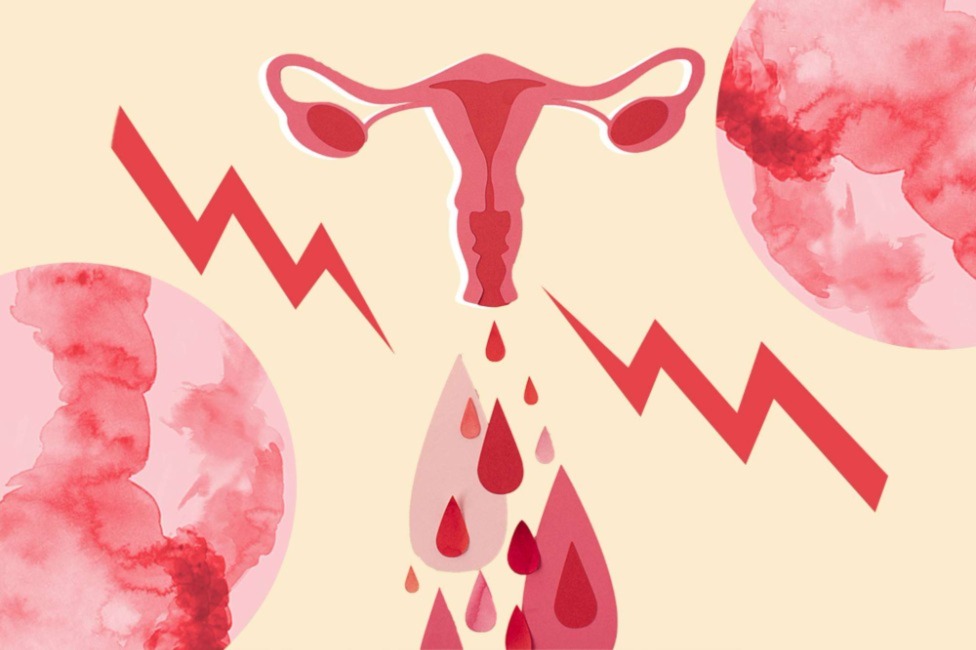Ignoring Menstrual Irregularities Can Have Serious Health Implications
By Hira Waheed
3 May 2023
Female athletes often ignore missed periods, believing that it is normal for active people, according to a recent survey conducted by Project RED-S and Kyniska Advocacy. The Female Athlete Health Report focussed on 769 athletes in the UK assigned female sex at birth and examined their menstrual cycle and body image. The report found that 36% of female athletes ignored missed periods, believing it to be normal. In addition, 30% of the respondents had been told by medical professionals that period abnormalities were normal for their activity level. The report indicated that GPs and healthcare professionals require more education on menstrual irregularities and the potential health implications associated with them.

RED-S: A Serious Health Condition That Affects Athletes of All Ages, Genders, and Abilities
Low energy availability, polycystic ovary syndrome, an overactive thyroid, heart disease, and Relative Energy Deficiency in Sport (RED-S) are common reasons for menstrual dysfunction. RED-S is a condition characterised by low energy availability due to a calorie deficit and can affect elite and non-elite athletes. The report stated that RED-S can lead to irreparable damage and impair almost every system in the body if left untreated. Despite this, less than 50% of respondents had heard of RED-S before taking the survey.
Conscious Food Restriction and Worrying About Calorie Intake
The report also examined the athletes' body image and their attitudes towards food intake. The survey found that 74% of the respondents had felt as though they did not look like an athlete, while 50% had consciously restricted their food intake to improve their performance. The report found that 91% of the athletes worried about their calorie intake, with 19% admitting that these worries occurred all the time. Furthermore, 53% of the athletes received comments about their body, and athletes who received such comments were four times more likely to restrict their food intake.
You Might Also Want To Read This
Popular Posts








